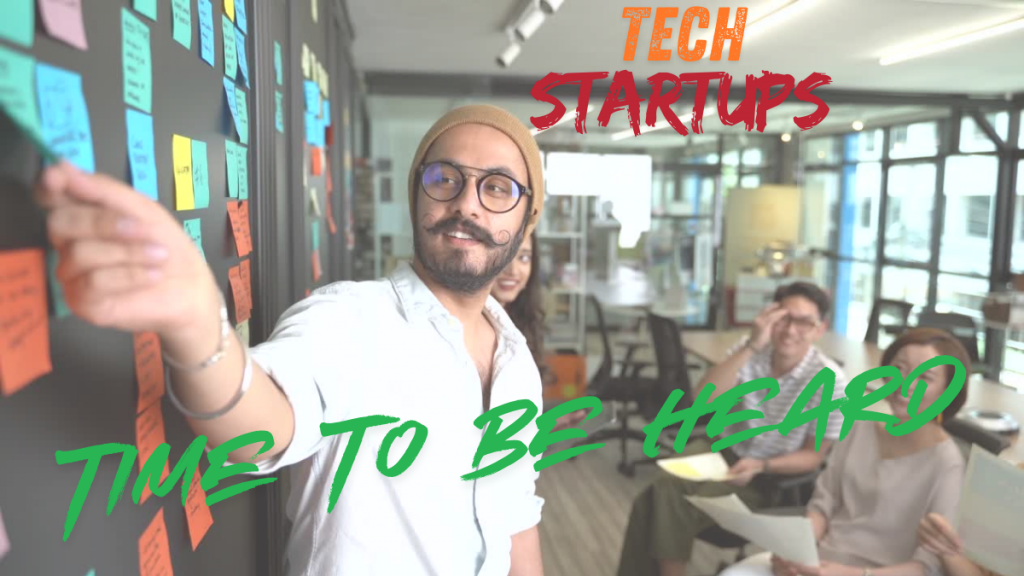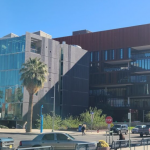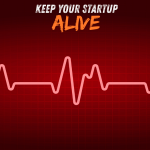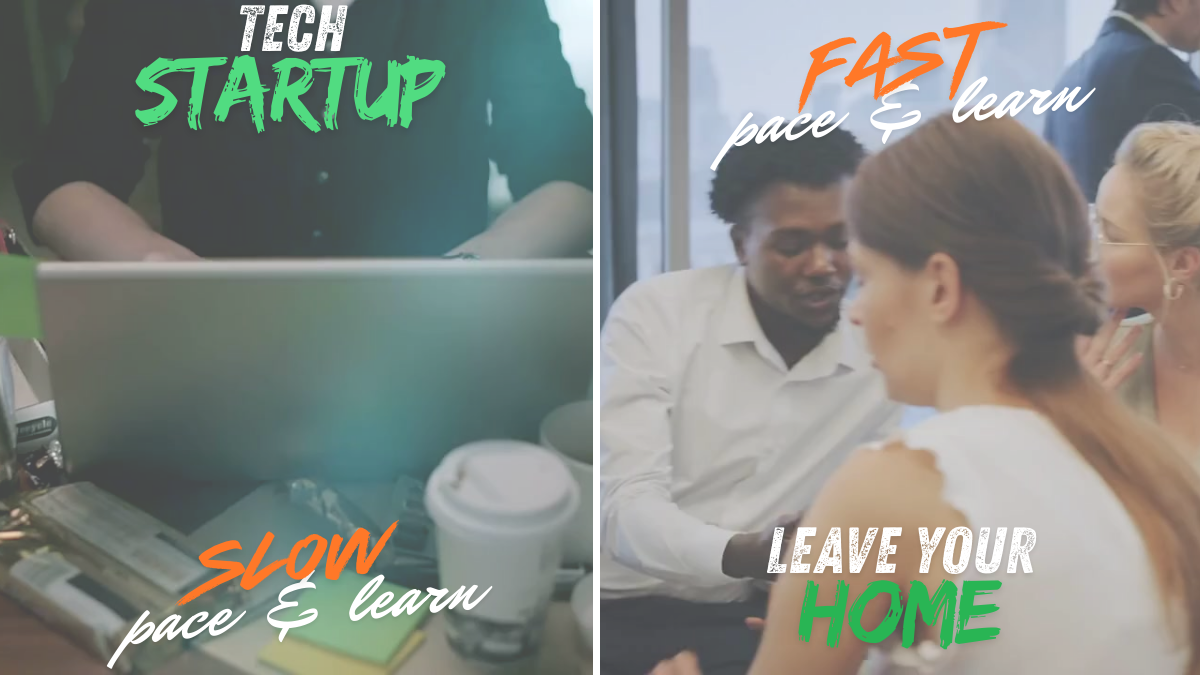Right Time to Take The Full Leap as a Full-Time Founder
or Remain a Part-Timer in Isolation
Every innovator faces the same question: Can I juggle my research job, tech job, or other full-time job, and a startup, or do I go all in?
My answer was yes to both options. You need to decide what’s best for you and your circumstances. You are the only one who can answer the question.
A lab, teaching, grants, and a stable paycheck are a strong gravitational pull. Some think they can balance it all, and occasionally they manage. Startup work sneaks in between experiments and meetings. Their lab becomes a launchpad.
But let’s be real: those cases are rare.
Building a tech startup needs more than opportunistic hours. Investors want obsession. Customers want reliability. When something explodes at 2:00 am, you can’t email your academic adviser and promise to reevaluate in a month. Although you may be able to conduct business part-time, Startups demand someone who is all in when the startup is launched.
Quitting a research role or another full-time job feels terrifying. But staying part-time with no focus? That’s often a death sentence for momentum and your startup. Quick… Decide when the right time is and get ready to launch a fantastic journey.
The Isolation Trap
Most first-time founders working on tech do it alone. They sit in the lab or crammed in their home office, reading articles, crafting pitch decks, and Googling “how to build a startup.” It feels productive. It even looks productive.
But it’s a mirage.
Real entrepreneurship doesn’t happen solo. Reading blogs doesn’t validate your idea. YouTube tutorials don’t bring paying customers. Isolation tricks you into thinking you’re moving when stuck in slow-motion.
The worst part? Lack of human connection kills more startups than bad ideas.
Without honest, messy interactions, customer feedback, cofounder sparring, and community vibes, your startup is more theory than reality.
The Ecosystem Gap
Cities with advanced Tech Hubs like Silicon Valley or Boston are flooded with startup support, incubators, angel groups, mentors, and accelerators. Connections, learning, and energy are all around you.
But in Tucson? The middle of the desert means infrastructure isn’t built around startups yet. We are no longer the Cowtown. We are the Optics Valley Tech Hub seeking leadership and drive from innovators and entrepreneurs.
Innovators don’t see support at our current stage and go deeper into isolation. Ecosystem builders see little activity, so they don’t build more. Everyone stays cautious. Everyone is expecting someone else to do it. It’s a vicious cycle.
That’s why for local founders, going part-time or full-time doesn’t happen in a bubble. You must push harder, get louder, and build the support systems you need yourself, not as individuals but in partnership with tech professionals, supply chain partners, mentors, advisors, and programs such as Startup Zones.
So, How Do You Help Yourself?
Here’s your mission: become part of the ecosystem instead of waiting for it to show up. In Tucson, that means leaning into communities and programs designed to accelerate learning and connection for tech founders:
Startup PitchR
These monthly evening events are low-stakes, high-energy chances to practice your elevator pitch and idea to peers and mentors: no judges, no pressure, just practice, feedback, and connections.
Meet the Mentor Saturdays
A rotating event where founders connect with mentors who’ve raised capital, scaled teams, or exited companies. It’s direct access to people with scars and wisdom, not just theory.
Pitch Practice Saturdays
Think of this as a rehearsal room for your startup story. You present, get grilled with tough questions, and leave sharper and more confident. Better to stumble here than in front of investors.
Tucson Tech Catalyst
This local hub is for coders, scientists, engineers, and digital builders. From TechTALKS to hackathons, it’s where workforce skills are sharpened and collaborations start. (tucsontech.org)
Tucson Supply Chain TECHCONNECT
Focused on building stronger regional supply chains, this group runs meetups, plant tours, and SupplyTALKS. You learn how local production and logistics work while contributing your knowledge to the community. (tucsonsupplychain.org)
Startup Agoge
This is the bootcamp and a startup acceleration program built around Silicon Valley lean startup methods and experiential learning. Agoge pushes founders through customer discovery, storytelling, MVP design, go-to-market fundamentals, pitch decks, and pro forma financials. It’s about creating a lean canvas modern business plan and muscle memory for startup survival and success.
IdeaFunding
We’ll prepare you for Tucson’s annual entrepreneurial pitch competition. It’s where founders showcase ideas and connect with the city at large. Visibility here matters for you and the Tech Hub at large.
Together, these aren’t just “programs” but ecosystem builders operating in a strict no-sales zone. When you participate, you don’t just learn; you help develop and strengthen the infrastructure you wish existed. The ecosystem is here to serve you, so share your voice and energy in its design.
The Mindset Shift
Everything above depends on one shift: from scarcity to abundance.
- Scarcity whispers, “Protect your idea. Don’t share. Maybe someone will steal it.”
- Abundance declares, “Share boldly. Build together. Trust creates growth.”
Scarcity breeds silence. Abundance sparks community. Silent hermits don’t build ecosystems; they’re built by people showing up, partnering, giving, and lifting each other.
Part-Time or Full-Time?
With community behind you, the part-time juggle isn’t about playing solo; it’s about staying connected. Having people to help carry the load, offer feedback, and keep you moving.
If you don’t have that support and mostly work alone, your startup will likely limp, not sprint.
If scaling matters, you need to take the leap sooner or later. Risk is scary, but waiting too long? That’s the bigger risk. Markets change. Energy fades. Ideas don’t evolve and become stale. And silence? Silence kills.
Participating in the Startup Zones Agoge accelerator will help you develop a plan around starting methodically and measured, and when it’s time to go all in with pedal to the metal. We’ll teach you the methods, and you’ll determine timing.
Final Word
You can’t wait for support in a nascent ecosystem like Tucson. You create it by showing up, joining real communities like Tucson Tech Catalyst and Supply Chain TECHCONNECT, testing yourself in PitchR, sharpening your story at Pitch Practice, leaning on mentors, and pushing through Startup Agoge.
Stop hiding in your home, lab, or office. Help build the ecosystem you need to thrive. Start by voicing your experiences and needs from the ecosystem via confidential stickies at the Founder Voice Event during the week of September 22, 2025. We’ll collect, reflect, and report on the data and insights. This will be all action… No lectures. Invitation-only.

First 25 volunteers accepted. WANT IN? Fill out the form… https://startupzones.org/invitation-tucson-entrepreneurs-innovators-needs-discovery-session/
Startups don’t fail because of a lack of ideas; they fail because of a lack of execution. And you are the person who can change that.








